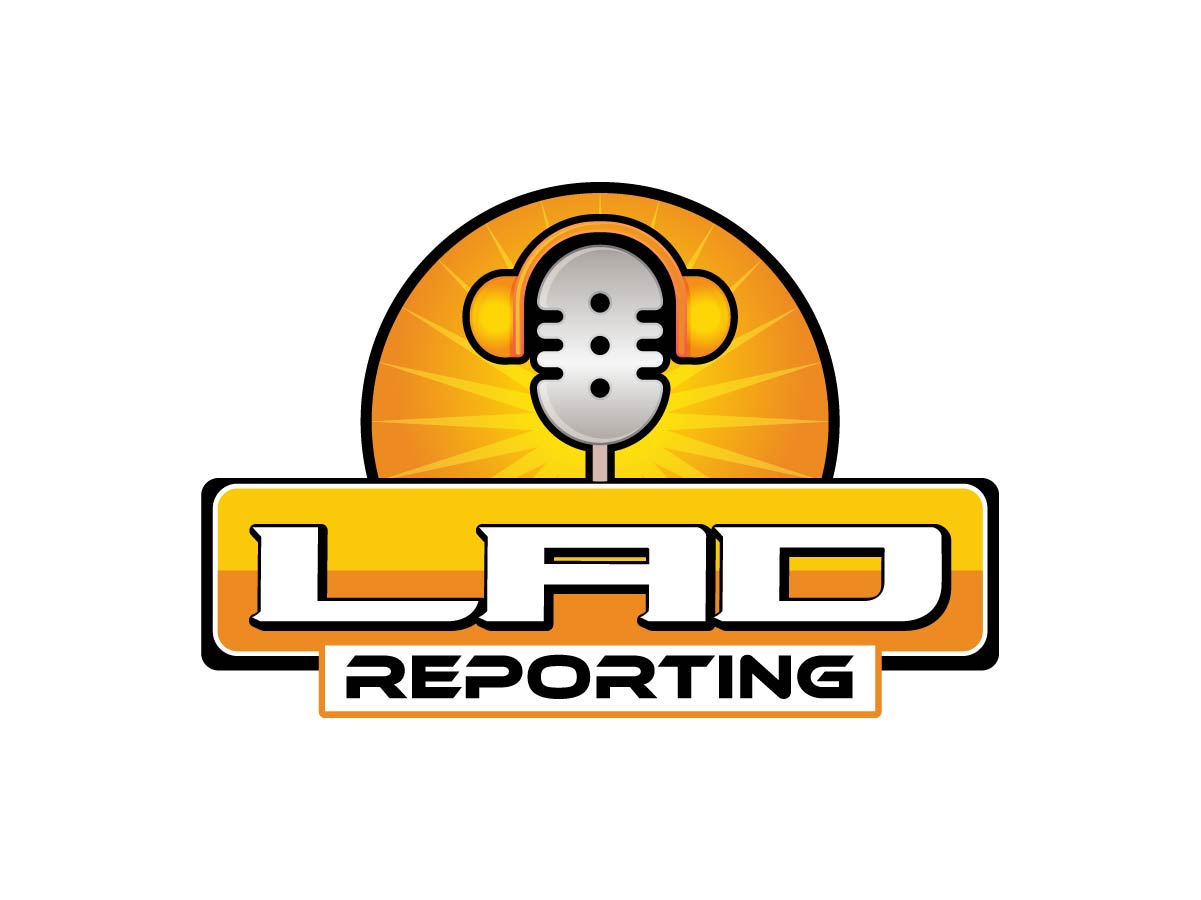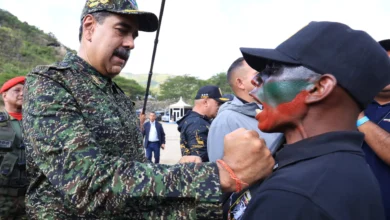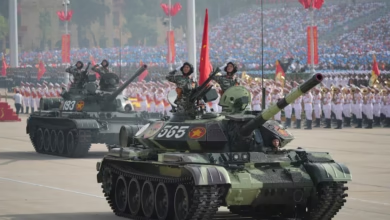Key takeaways from Ukraine talks in Washington
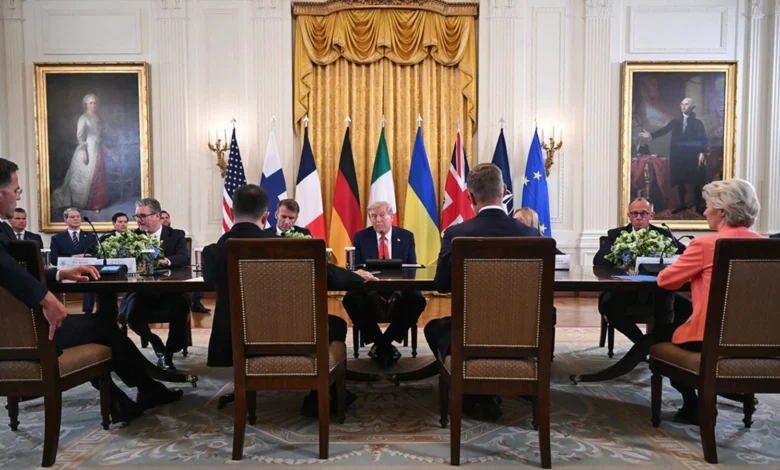
On Monday, President Volodymyr Zelensky made his way back to the White House for further negotiations with US President Donald Trump to put an end to the conflict in Ukraine.
Days after Trump visited Russian President Vladimir Putin in Alaska for a summit that ended without a ceasefire, a number of European leaders also took flights to Washington to attend the conference.
By Monday night, there were no firm promises of security guarantees or progress on a peace agreement, despite Trump’s hopeful remarks and some more ambivalent evaluations from his European allies.
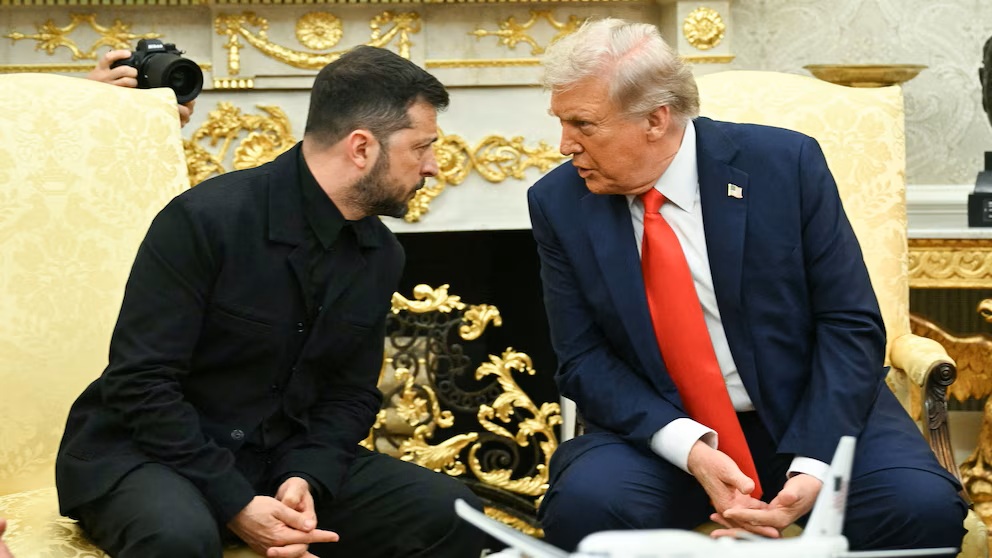
These are the main conclusions drawn from the discussions.
A Putin-Zelensky meeting on the cards?
Trump said on Truth Social after the summit that he had contacted Putin to start setting up negotiations between Zelensky and the Russian leader.
Trump stated that after such a bilateral, the US president would join them in a trilateral at a place to be decided.
After the fact, a Putin advisor said that Trump and Putin had a 40-minute phone conversation on Monday.
A hot mic recorded conversations between US President Trump and French President Emmanuel Macron prior to European leaders meeting with Trump in the White House’s East Room.
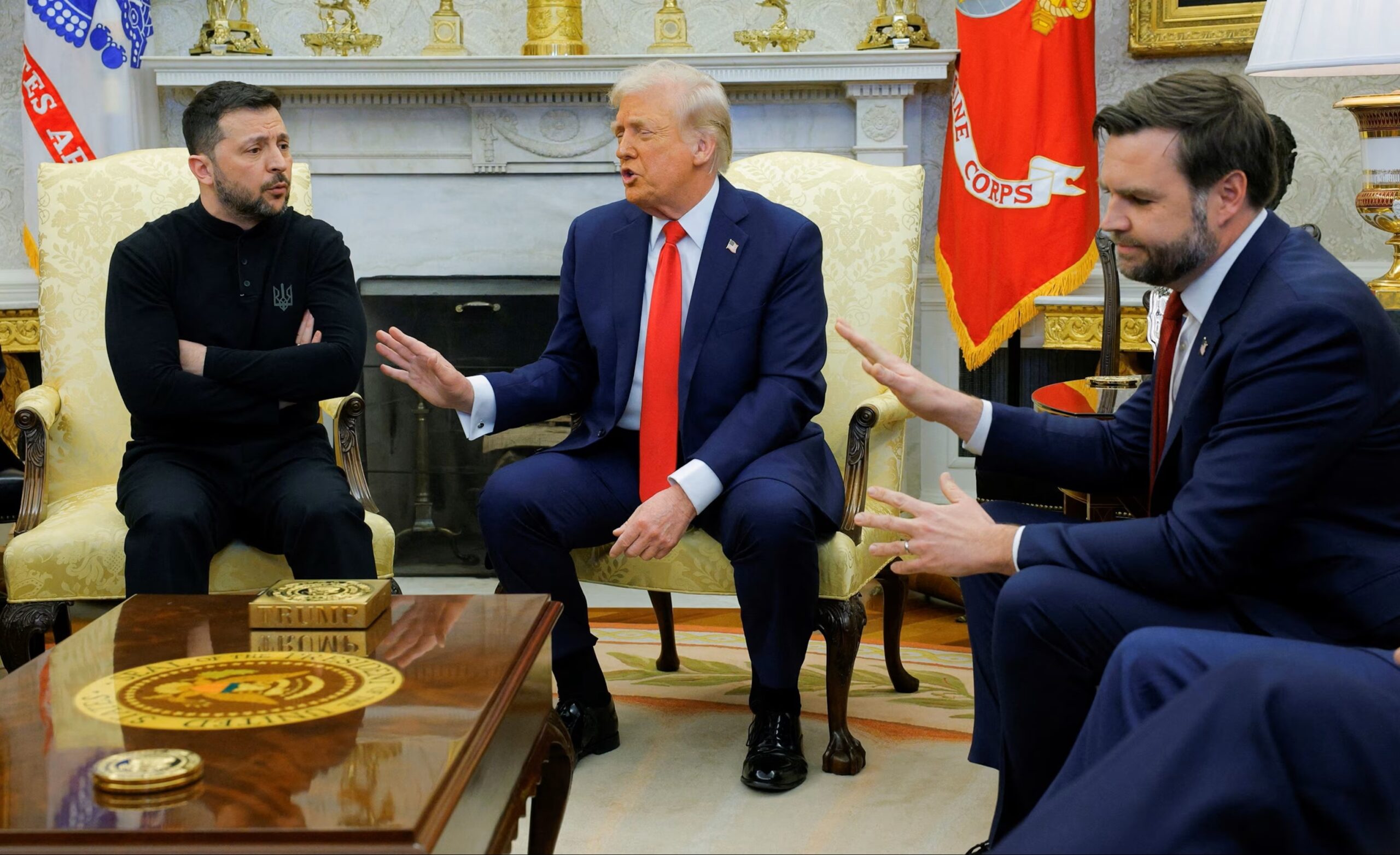
“I believe he’s trying to strike a deal. He may be trying to negotiate a bargain for me. You know that? As absurd as that sounds,” Trump said to Macron, seemingly alluding to Putin.
For the first time since Russia’s full-scale invasion started in February 2022, it is unclear how easy it will be to bring two such acrimonious adversaries together at the negotiating table.
Zelensky had been pressing for a meeting with Putin for months, but this was probably an attempt to demonstrate that Russia is not sincere in its desire for peace because he thought the Kremlin had no interest in the meeting.
A Putin-Zelensky sit-down has been consistently rejected by Moscow.
It was “worthwhile” to “explore the possibility of raising the level of representatives” from the Russian and Ukrainian delegations in negotiations, according to a noncommittal statement made by Kremlin advisor Yuri Ushakov on Monday night.
Europeans push back as Trump backs away from ceasefire
Trump seems to downplay the necessity of any ceasefire before war-ending talks could begin.
That has previously been a major demand of Ukraine, which has stated that it views a halt to the conflict as a necessary condition for further negotiations with Russia and, eventually, for a longer-term solution.
Additionally, a ceasefire might be slightly simpler to reach than a comprehensive peace agreement, which would need months of talks during which Russia’s invasion of Ukraine would most likely continue.
Trump remarked, “I don’t know that it’s necessary,” in reference to a ceasefire.
However, the European leaders seemed to resist, with German Chancellor Friedrich Merz offering the most forceful pushback.
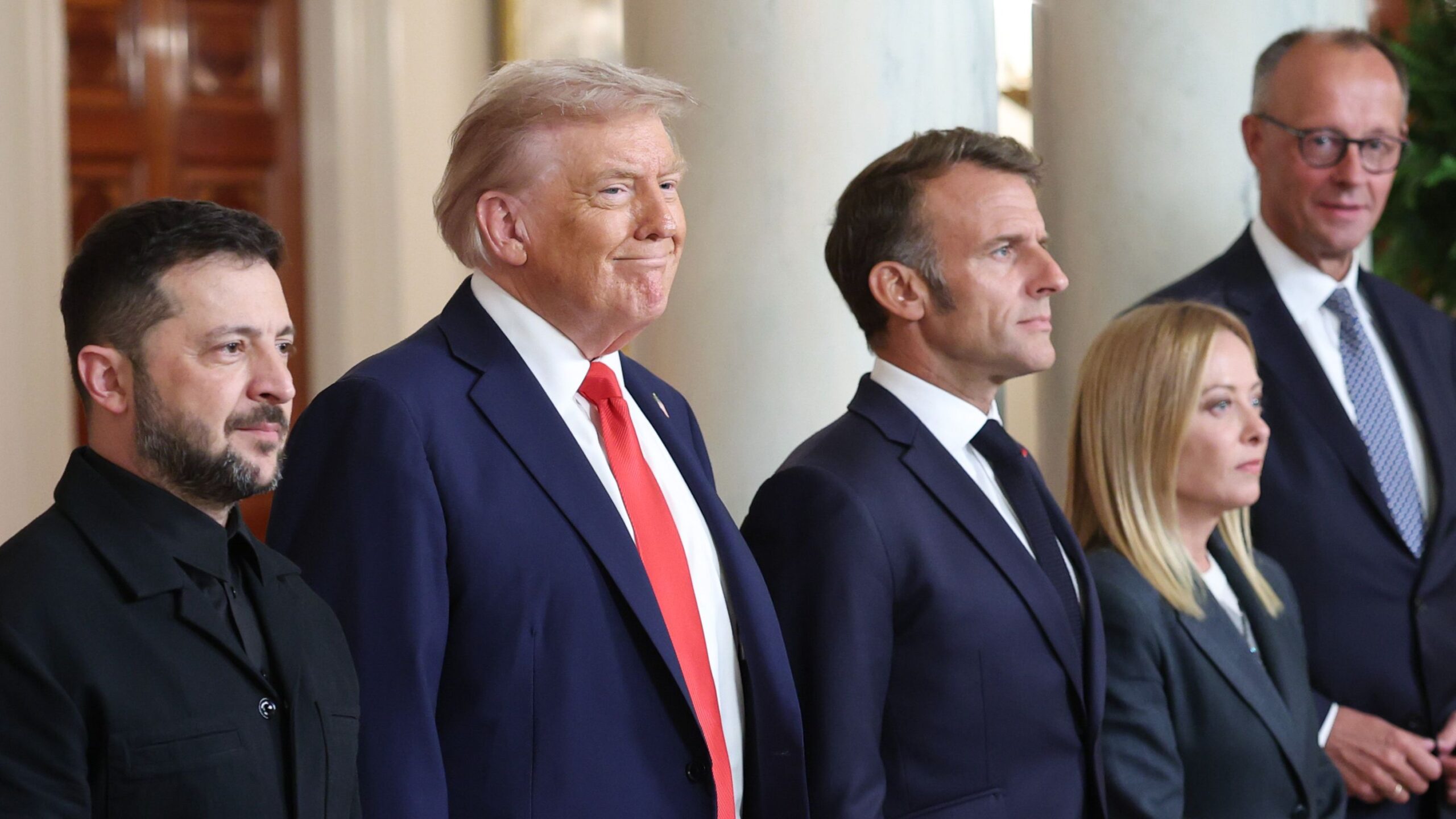
“I can’t imagine that the next meeting would take place without a ceasefire,” stated Merz. “So, let’s work on that and let’s try to put pressure on Russia.”
Zelensky declined to restate his earlier demands for a ceasefire when he was invited to speak.
Trump hints at security guarantees
Without indicating the scope of any aid, Trump assured Zelensky that the US would contribute to ensuring Ukraine’s security in any agreement to stop the conflict.
The president of the United States did not provide boots on the ground. Trump did not, however, rule out the possibility of any American military presence in Ukraine when questioned by reporters about US security guarantees for the nation.
Although “we’ll be involved,” he stated that Europe was the “first line of defense.”
The president stated, “We’ll give them good protection,” at one point.
Regarding security guarantees, which are typically regarded as essential to any kind of agreement with Russia, this is the most forceful statement Trump has ever made.
He added that Putin had agreed to include security assurances for Ukraine in any peace agreement during the summit in Alaska last week.
Zelensky stated at a press conference following Monday’s meetings that a $90 billion (£67 billion) arms contract between the United States and Ukraine would be a component of the security assurance.
According to him, this would include US weapons that Ukraine does not possess, such as anti-missile and aircraft systems, among other things, which I will not reveal.
Zelensky added that the US will purchase Ukrainian drones, helping to finance their domestic manufacturing of the unmanned aerial vehicles.
The president of Ukraine assured reporters that security assurances for Kyiv will likely be negotiated in ten days.
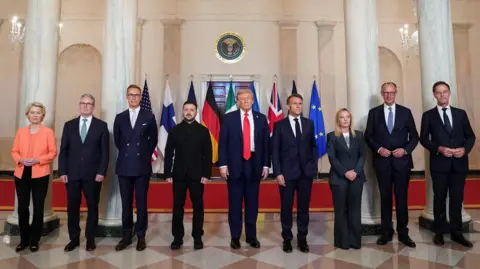
Zelensky launches charm offensive
The Ukrainian president went to tremendous measures to win over his American hosts, including a barrage of six “thank yous” in the opening few minutes of the encounter, in light of his contentious previous visit to the Oval Office in February.
Vice President JD Vance reprimanded Zelensky at his most recent visit to the White House for what he said was a lack of appreciation for US assistance to Ukraine.
In contrast to his customary military attire, Zelensky wore a dark suit this time, which caused Trump to joke that his guest was “all dressed up today” the previous time.
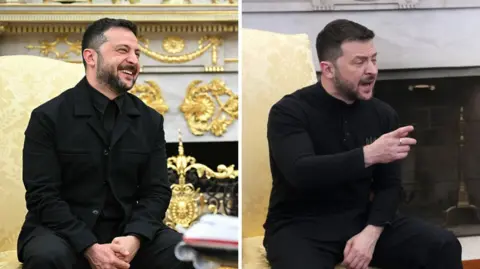
During the encounter, Zelensky also attempted to establish familial ties by giving his host a letter from Ukrainian First Lady Olena Zelenska that was to be given to US First Lady Melania Trump.
He said, “It’s not to you – [it’s] to your wife,” regarding Trump.
Ahead of their multinational summit, European leaders praised Trump for his efforts to bring them together and turned up the flattery.
Mark Rutte, the head of NATO, remarked, “I truly want to thank you for your leadership.”
Before, there had been no indication that Russia was interested in pursuing peace, but “something had changed” because of Trump, according to Italian Prime Minister Giorgia Meloni.
The Europeans attempted to indicate that they, too, feel vulnerable to any future Russian action despite the friendly tone.
Speaking solemnly to his fellow leaders, French President Emmanuel Macron stated: “When we talk about security guarantees, we’re also talking about the matter of the security of the European continent.”
READ MORE: LAD REPORTING
